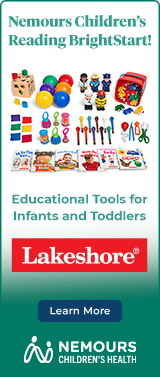Pre-Reading Milestones for Ages 6 to 11 Months
- Reaches for objects – reaches toward a mobile hanging over the crib or changing table; reaches toward a toy a few inches away.
- Grasps and lets go of objects.
- Places objects in his mouth to taste or chew.
- Holds his head and upper body steady while being held or sitting in your lap.
- Tries to turn book pages as you read books together, especially thick board book pages.
- Enjoys large, clear pictures and photographs.
- Vocalizes with a growing number of sounds – may combine consonant and vowel sounds to represent words (“muh-muh-muh,” “buh-buh-buh”).
- Watches your face and reacts to your expressions when you talk – your baby is learning how to communicate with others by looking at your eyes and your smile and listening to your voice.
- Pays attention to language and music – turns toward the source of sounds and responds with expression or movement, such as a smile, to show pleasure, or bounces to the beat of a song.
- Points at objects to direct your attention.
- Talk, talk, talk with your child – this is the foundation for language and future reading.
- Use board books that your child can safely put in his mouth.
- Choose books with large pictures or photographs, few or no words, and various textures.
- Frequently hold your baby so she can see your face.
- Point to and name objects and pictures.
- Stop a book activity when your child is tired, acts disinterested or fusses.
- Play interactive activities like Peek-a-Boo.
- Stops making voice sounds.
- Does not respond to sounds – seems not to hear sounds.
- Does not respond to familiar people, objects or pictures.
- Does not make progress with sitting and crawling.
- Does not point at objects to direct your attention.
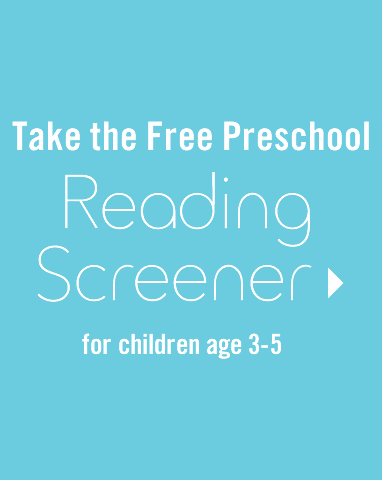






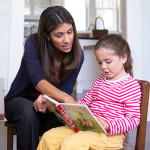 HOW You Read to a Child Is Important
HOW You Read to a Child Is Important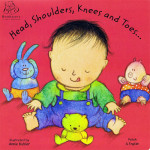 Head, Shoulders, Knees and Toes
Head, Shoulders, Knees and Toes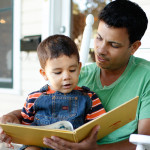 The DOs and DON’Ts of Developing Your Young Child’s Pre-Reading Skills
The DOs and DON’Ts of Developing Your Young Child’s Pre-Reading Skills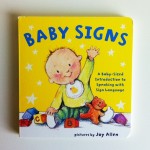 Baby Signs
Baby Signs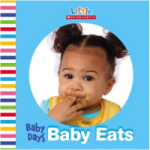 Baby Days, Baby Eats
Baby Days, Baby Eats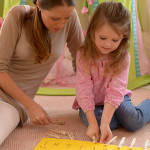 Top 10 Things You Can Give Your Child to Build Pre-Reading Skills
Top 10 Things You Can Give Your Child to Build Pre-Reading Skills